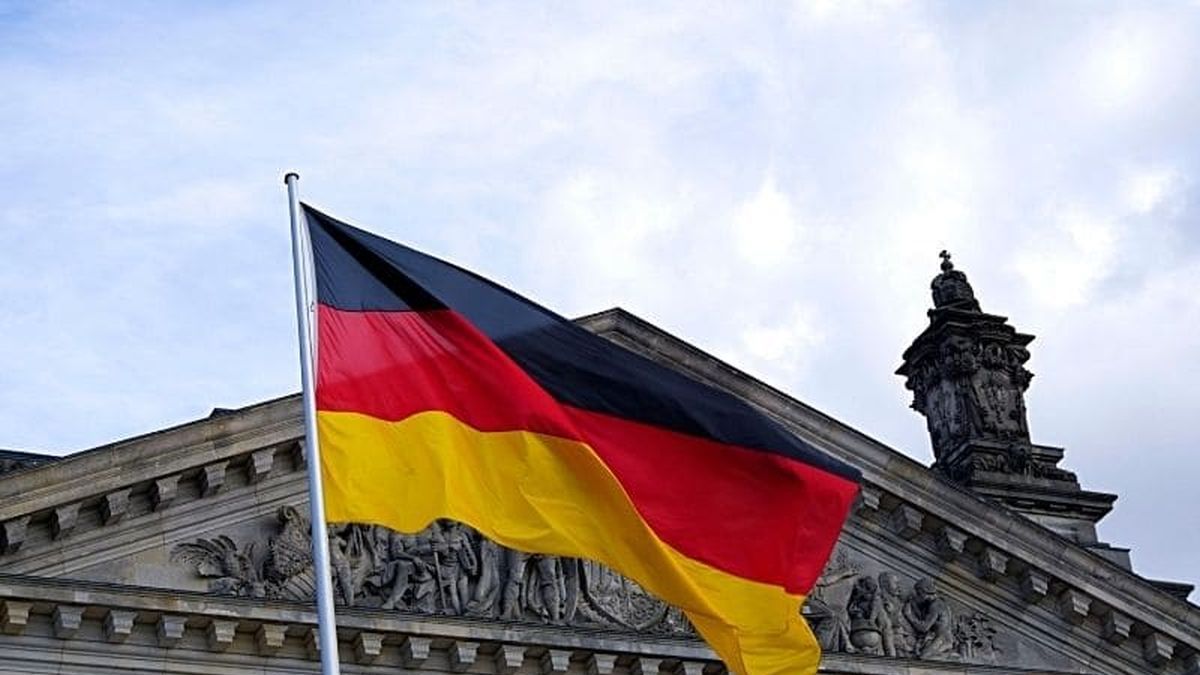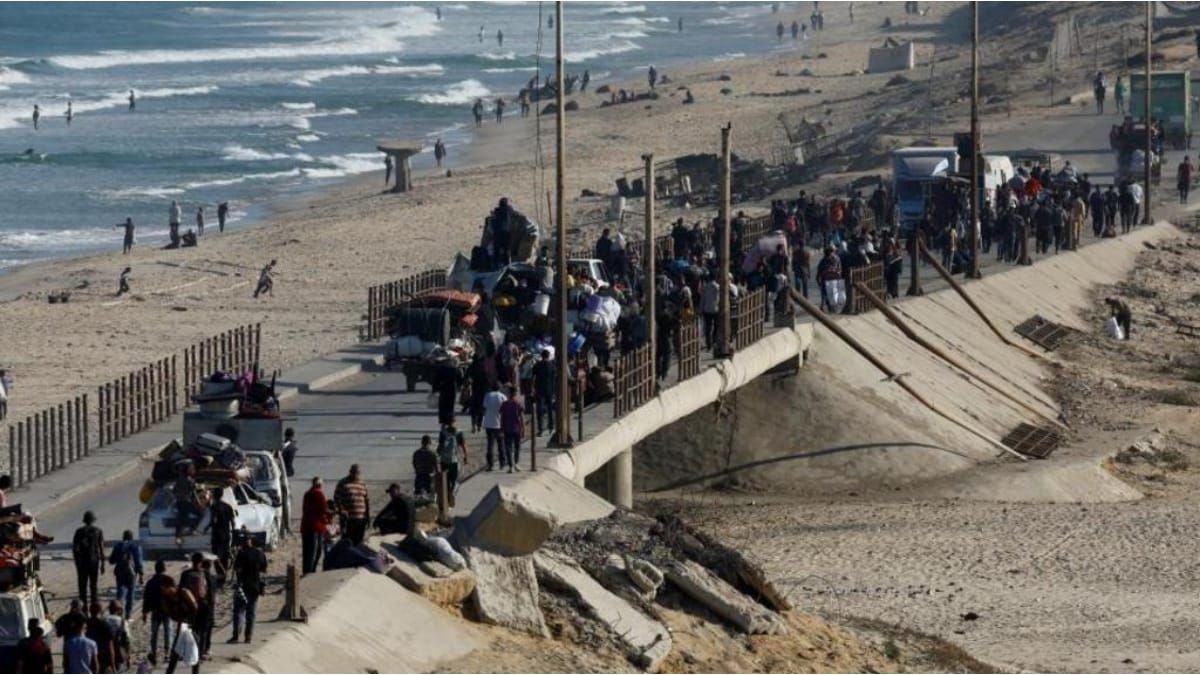The regular elections, every four years, are held at the end of the local summer – not in the middle of winter – and were planned by September 2025. But at the end of 2024, the government of the Foreign Minister and candidate Olaf Scholz collapsed and everything changed. Since then, the country is in a frantic and atypical political campaign.
The country is currently in a delicate economic crisis. If this year the country ends in recession, it would be the first time since the postwar period that Germany would chain three consecutive years with that negative result.
Among the reasons for that decline are political instability, the impact of the energy crisis, the shortage of qualified labor, industrial stagnation and the competition of China.
It is a problem that clearly affects the Germans, but also impacts the economic performance of the European Union, whose countries are deeply interconnected.
This Sunday’s elections will determine, to a large extent, what will be the German strategy to get out of the crisis and how the European Union ends up affected.
We must not forget that the concrete problem that triggered the collapse of the coalition was precisely an economic issue: the tripartite coalition of Olaf Scholz could not agree on the national budget.
This collapse has generated questions about political stability in Germany, an issue that will also be key after Sunday’s elections, when the different parties will begin to look for possible coalitions.
Immigrants: a more restrictive immigration policy
In addition to the economy, a central theme of the electoral campaign has been how to harden German laws to reduce irregular migration. Foreign Minister Scholz reiterated that his government reduced the number of asylum requests and promised more deportations.
But for many Germans, that is not enough, especially after several attacks perpetrated by migrants in recent months, such as massive racing in Magdeburg and Munich, and a knife attack in Aschaffenburg.
68%, according to a national survey of January, wants Germany to receive less migrants. And just 9 percent believe that the authorities have control over who enter the country and who not.
Hence, most ask for measures directly at permanent borders or border controls. These measures are supported by the CDU/CSU conservative block and its leader, Friedrich Merz, who will probably be the next German chancellor.
But these ideas house two potential problems that could have considerable implications beyond Germany.
The first is that there are questions about whether measures are legal under German and European laws.
Border controls are accepted in exceptional and limited cases, but not permanently, since this would go against one of the fundamental European principles: freedom of movement.
The second related problem is that such a decision of Germany – a country that has borders with nine different countries – could generate conflicts with its neighbors and even a domino effect where other countries also close its borders.
The strengthened straed
A migratory hardening has an additional component, as it could end up favoring the alternative ultra -right party for Germany (AFD), which has been asking exactly that for a decade.
The AFD is currently second in national surveys and could double its electoral result compared to the last 2021 elections.
The other parties in Parliament have rejected cooperation with the AFD, ensuring that a retaining wall – or sanitary cord – should be maintained – towards the AFD. This is because some of the estates of the party are considered so extremist that they are under surveillance of intelligence services.
But the retaining wall has begun to show cracks. Precisely to ratify his migratory plans, conservative Merz proposed a non -binding motion in the Parliament that was approved thanks to the support of the AFD.
But the rise of ultra -right in Germany has another controversial and relevant component beyond Germany.
The AFD differs from most matches in which Germany would approach Russia. The party seeks to reactivate political and economic ties with Moscow, for example through the Nord Stream 2 gas pipeline, and does not support a possible income from Ukraine to NATO or the European Union.
An AFD strengthened after the elections could increase and polarize even more the debate in Germany about the role of the country in the future of Ukraine, an issue that is in the center of the discussions thanks to Donald Trump.
A new era in relations with the United States
The Trump government has given its approval to AFD. Elon Musk, the owner of X and Trump advisor, has used his social network to openly support the ultra -right party and even spoke virtually during a party conference.
And last week, vice president JD Vance met in Munich with the AFD candidate Alice Weidel, and assured in her speech before the security conference that “there is no space for firewalls”, as the sanitary cordon against the AFD.
Foreign Minister Scholz, as well as Friedrich Merz, rejected these declarations of Vance, one more example of the current crisis between the governments of the United States and the European Union.
For Germany it is a major issue. For decades, Germany trusted American political and military support, one of the bases of German recovery after postwar period. But with Trump in the White House, the panorama promises to be different.
Hence the new German government, whatever, must give priority to its difficult relations with Washington. And, above all, you will have to find a balance between strengthening the transatlantic relationship where possible and defending Trump attacks at the same time.
Source: DW/France24
Source: Ambito




